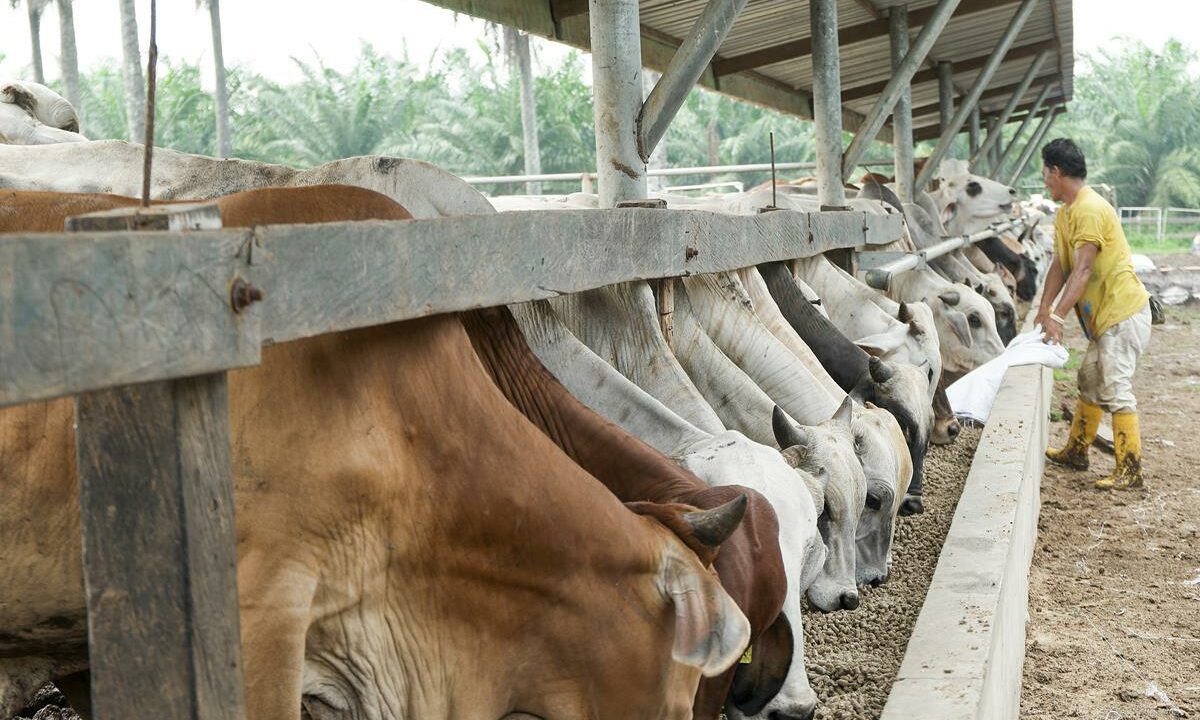The government in Brazil is planning to buy milk powder at retail prices in a bid to support the country’s dairy farmers against imports from other Mercosur countries.
The announcement was made by Brazil’s Minister of Agriculture and Livestock, Carlos Favaro, as he attended the Agroleite 2023 trade show, being held in the country’s “milk capital”, Castro.
The acquisition of powdered milk by the federal government is among a series of emergency measures to help the country’s milk producers.
The actions aim to “reduce the market and guarantee profitability to cooperatives and, consequently, to producers”.
Dairy
Minister Favaro pledged to confront “unbridled imports” on behalf of Brazil’s President Lula da Silva.
In relation to the importation of milk into Brazil from countries like Argentina and Uruguay, the minister noted that the agreement with Mercosur is a “sensitive” one which is receiving the “full attention” of the government.
“Mercosur is a very important trade bloc for Brazil,” Favaro said.
“We sell to these countries manufactured products that give us a lot of competitiveness, gains and opportunities, but this cannot occur to the detriment of such an important chain, which generates jobs, such as the milk chain.”
In addition to the emergency measures, Favaro said that more actions will be needed for Brazil’s dairy sector including increasing the adoption of more technologies for milk production.
“Brazil, which is already a champion in soya production, in the export of soya, cotton, beef, pork, will indeed be a major world player in milk production and we have to be dedicated to make that happen,” he said.
Brazil is the world’s sixth-largest milk producer. The US Department of Agriculture (USDA) forecasts that milk production in the Latin American country will increase by around 3.6% to 24.5 million metric tonnes (MMT) in 2023.
Trade data shows that milk powder imports to Brazil rose by 31% in March, with the vast majority coming from Uruguay and Argentina.
The Brazilian dairy sector is continuing to grapple with high production costs, along with unpredictable weather and economic conditions.
